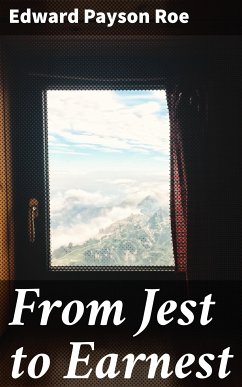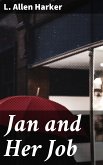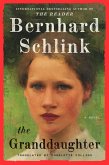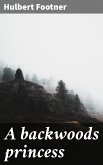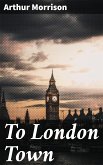In "From Jest to Earnest," Edward Payson Roe navigates the delicate balance between humor and serious introspection, artfully portraying the moral dilemmas faced by individuals in a rapidly changing society. Set against the backdrop of late 19th-century America, Roe's narrative seamlessly intertwines elements of romance and social commentary, employing a rich, descriptive prose style that evokes a vivid sense of place and character. The text addresses themes of love, ambition, and the pursuit of authenticity, reflecting the author's concern for the ethical complexities of human relationships and societal expectations during a transformative era in American history. Edward Payson Roe was a prolific novelist, minister, and social commentator whose experiences in rural America deeply influenced his storytelling. Raised in a pastoral environment, Roe's fascination with the interplay of human emotions within the natural world shines through in his writing. His background in theology led him to explore moral questions in his works, making "From Jest to Earnest" a compelling synthesis of personal introspection and societal critique'Äîa reflection of his desire to navigate the struggles between appearances and underlying truth. This book is highly recommended for readers seeking a thought-provoking exploration of the human condition, enriched with both humor and gravitas. Roe's insightful character development and engaging storytelling make this work a profound reflection on the journey from superficiality to sincerity, ensuring its relevance in today's literary landscape.
Dieser Download kann aus rechtlichen Gründen nur mit Rechnungsadresse in A, B, BG, CY, CZ, D, DK, EW, E, FIN, F, GR, H, IRL, I, LT, L, LR, M, NL, PL, P, R, S, SLO, SK ausgeliefert werden.
Hinweis: Dieser Artikel kann nur an eine deutsche Lieferadresse ausgeliefert werden.

